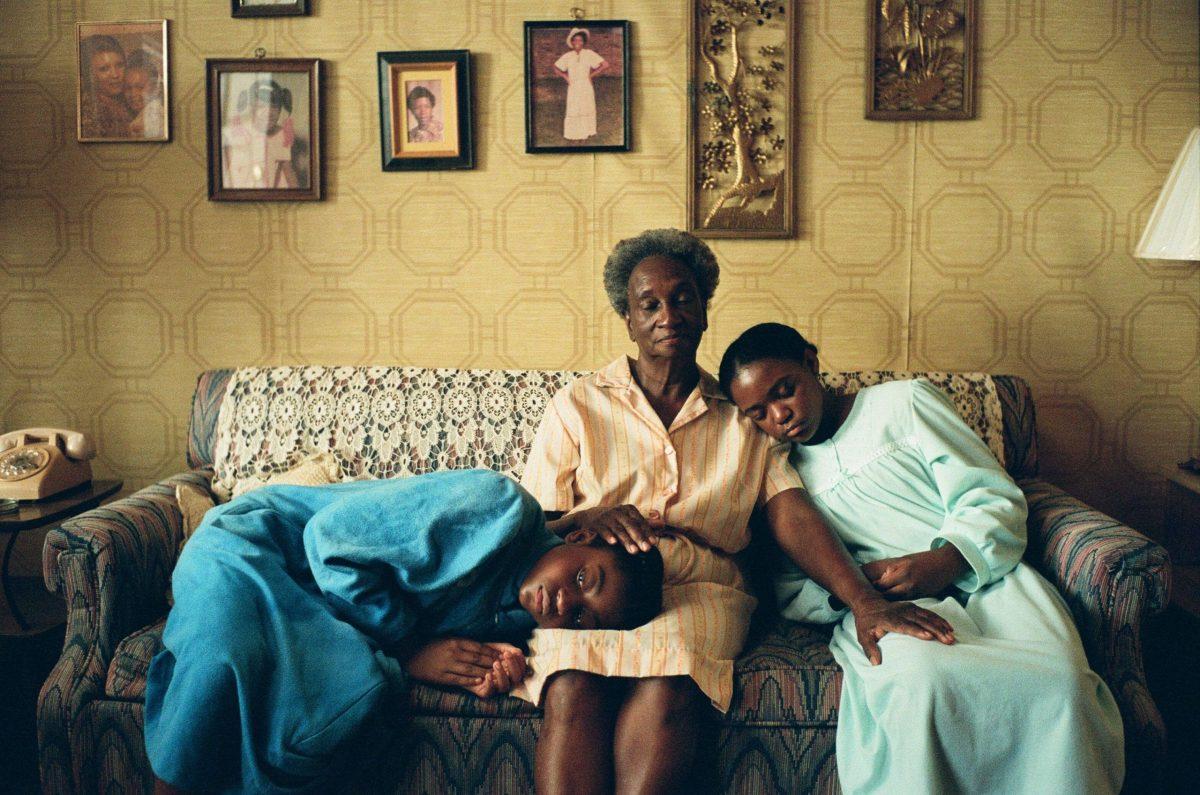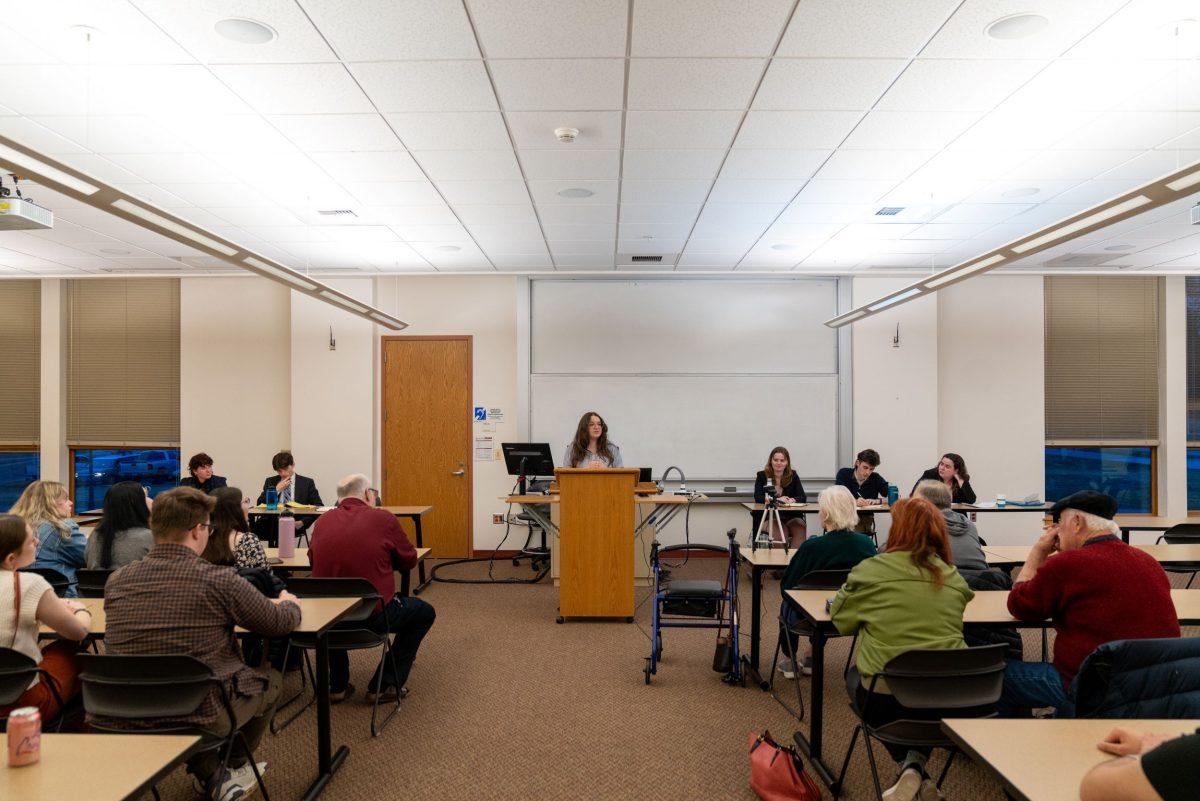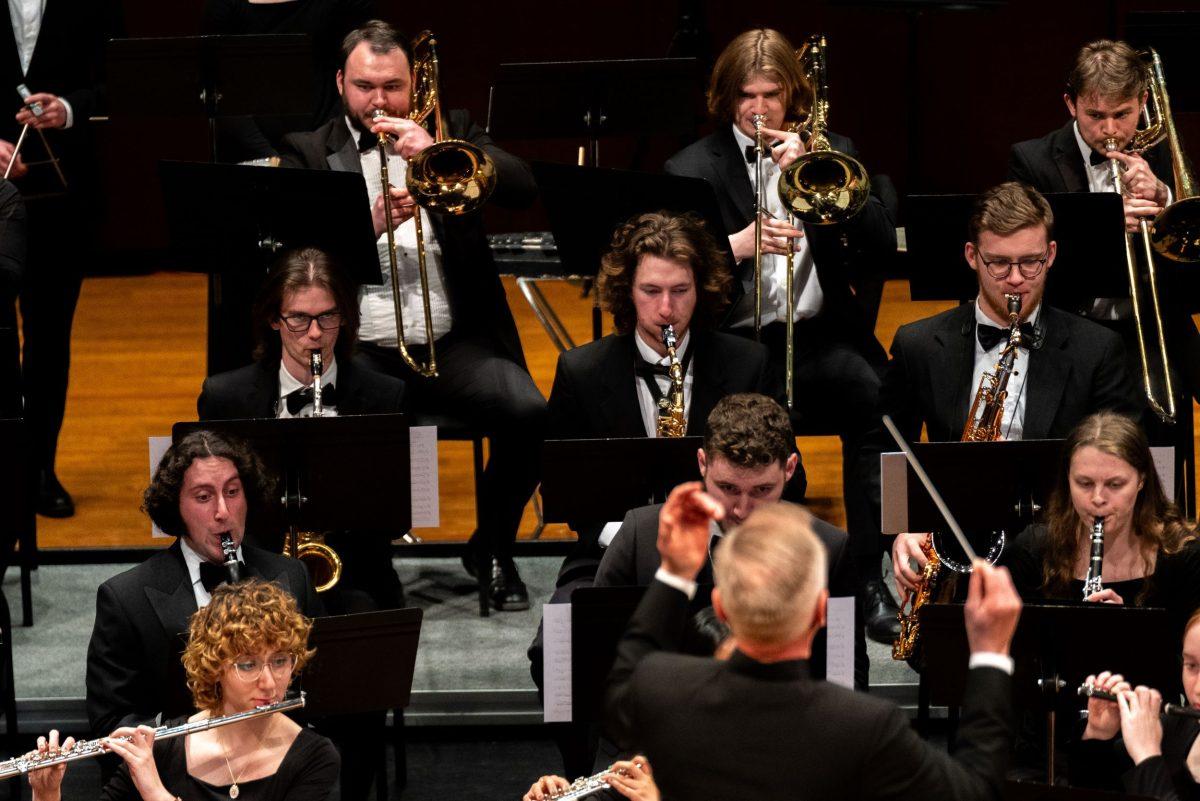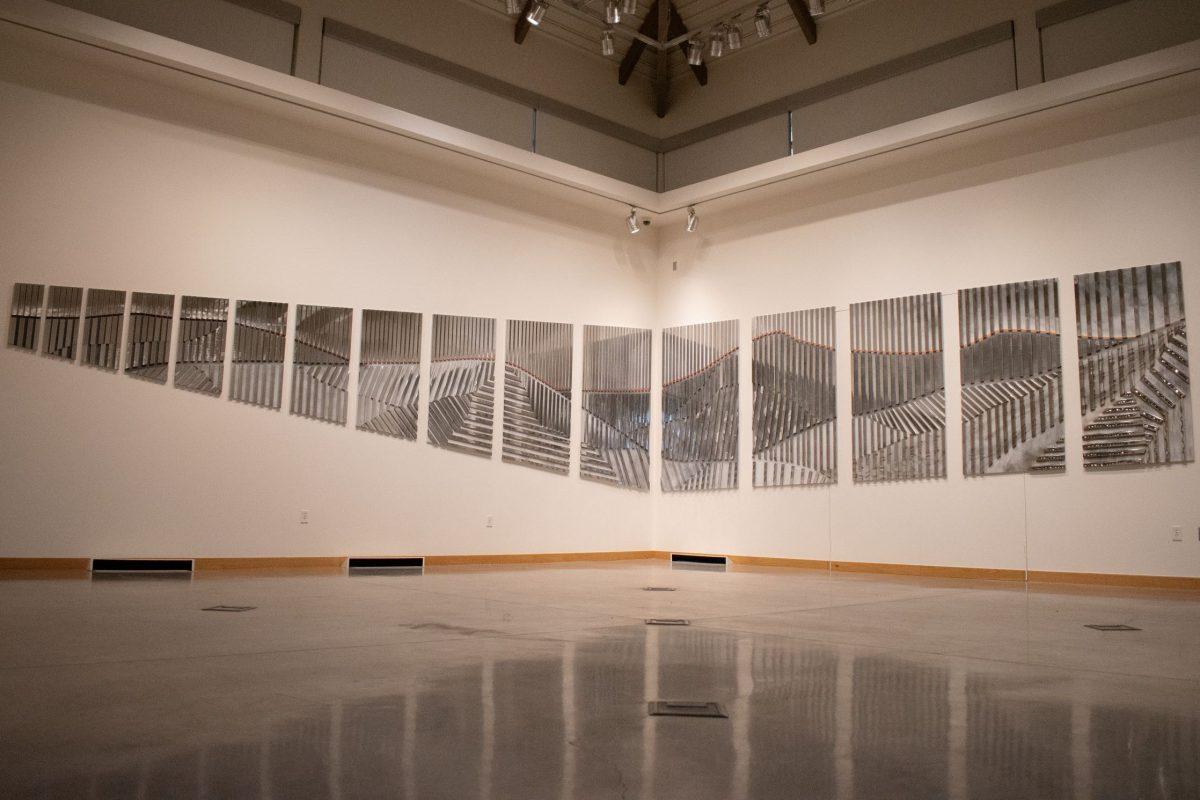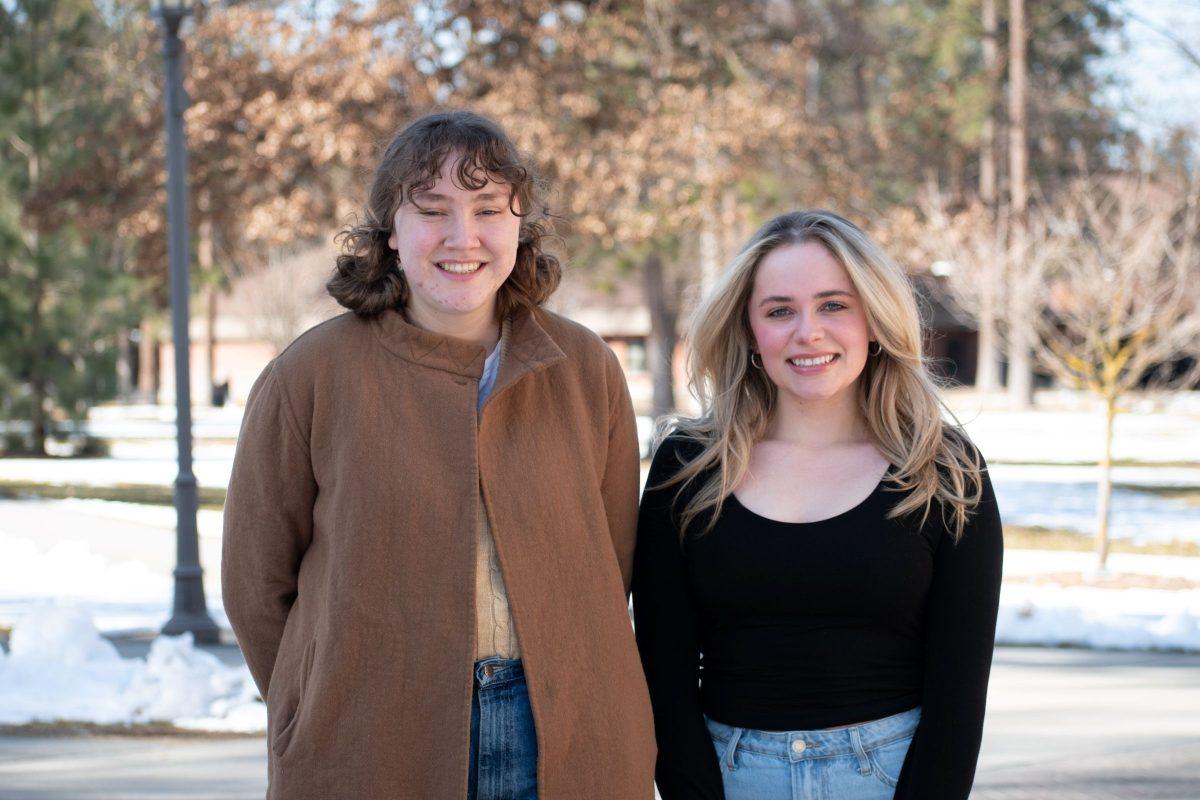As part of the Medieval and Early Modern Lecture Series, Whitworth hosted Father Augustine Thompson to discuss aspects of Christian religious practice during the medieval period on Ash Wednesday, Feb. 18. Thompson is a member of the Dominican Order and a leading scholar on St. Francis of Assisi. The event was attended by faculty from several departments, Whitworth students, and several sisters visiting from a local Dominican order.
Thompson, a history professor at the Dominican School of Philosophy and Theology, has been recently working on research into the religious lives of the laity of medieval Italy, including the Dominican Rite, which is the liturgical practice of the Dominican Order. He spoke and took questions before attending a dinner in his honor, attended by several professors and four Whitworth students. Thompson believes that the contemporary idea of medieval Christian worship is inaccurate, and posits that the relationship between the clergy and laity was one of complexity.
Despite modern assumptions that the laity were separated from the clergy in medieval churches, especially in their ability to comprehend the language of worship service, Thompson believes that the laity were more involved than previously understood and actually influenced the way that Christian worship was shaped. There is a common misconception that the decorative stained glass windows seen in many churches both modern and medieval are usually thought to be instruction tools for a largely illiterate lay population,
Thompson said.
“How many here have heard the story that images in medieval churches are the Bibles of the illiterate? Yeah, it’s a common thing,” Thompson said. Have you ever gone into a medieval cathedral or even a modern Catholic church with these fancy stained glass windows? When you look at the windows, do you know what they’re about? You have to know the story in order to read it. The people who look at them may be illiterate, but unless they know the story, the pictures are worthless. We should never underestimate how much Bible knowledge people have.”
Anthony Clark, Ph.D and associate professor of Chinese history, was a coordinator of the event.
“One thing that people assume, especially if they look at orthodox or Catholic liturgical traditions today is they see what they envision to be a very distinct hierarchy between clergy and lay, and what Father Augustine is trying to argue is that is a post-reformation Catholic reaction,” Clark said. “So what scholars today realize, I think, who think about liturgy, is that first, it’s not what we thought it was … we see that the clergy and the lay were more cooperative before the reformation.”
Although Thompson’s discussion focused on the relationship between laity and clergy, he also touched on several other aspects of life as a medieval Christian. Senior Joanna Szabo, who attended the event for her British Renaissance class, found “The thing that was most interesting was when [Thompson] was talking about choir music of the period when they found that a lot of the liturgy wasn’t handwritten, but was stenciled so that the music would be exactly the same … it was interesting that before the printing press they found ways of mass printing.”
Bringing events like this to Whitworth helps to expand the common ground of a variety of religious traditions.
“Someone else said this after Father Augustine’s talk, Catholics and Protestants tend to forget that we have a common heritage … [but] if we just walk back in history, we Protestants and we Catholics, we’re going to end up in the same church with the same people. So in this era where we’re trying to be ecumenical, speakers like him actually, I think, bring us together if we’re paying attention, less than they demonstrate our differences,” Clark said of the importance of these events at Whitworth.
“[This event] had really interesting information that I wouldn’t have otherwise had access too … that’s what liberal arts is, doing things outside of one track,” Szabo said.
Thompson’s books are available on Amazon.com, and the recording of his speech will be made available on Whitworth’s website.


